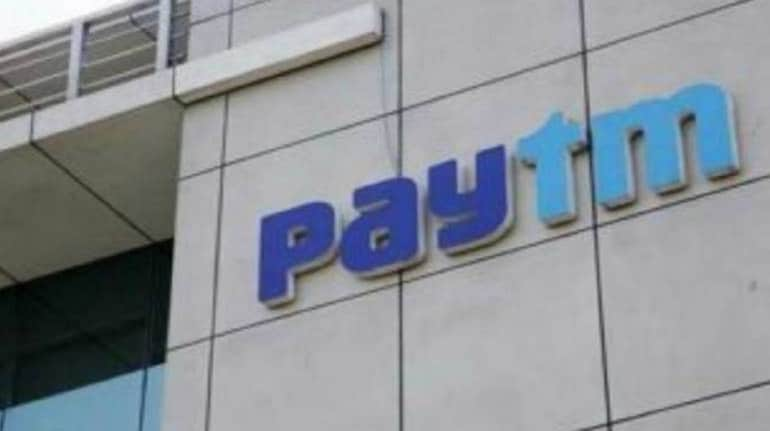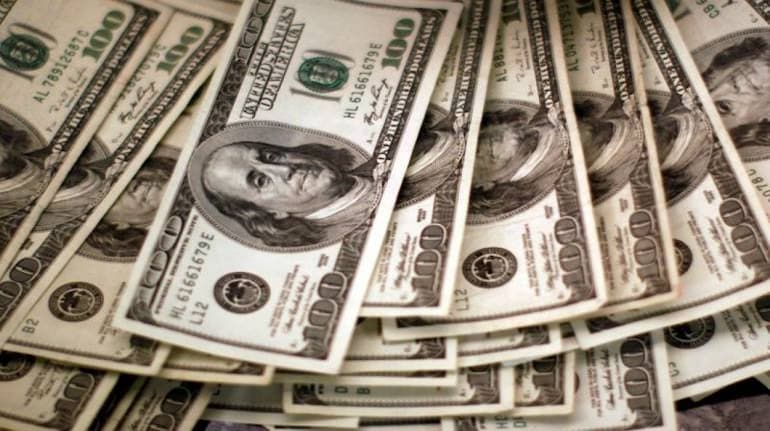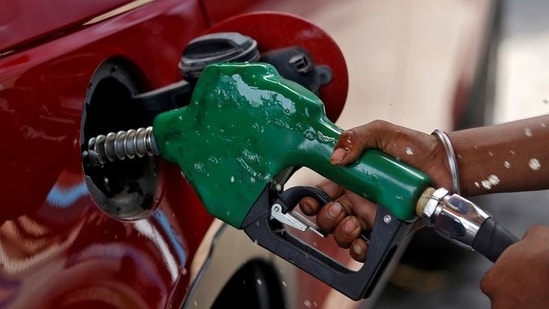
RateGain Travel Technologies IPO
Tega Industries, which manufactures and distributes specialised ‘critical to operate’ and recurring consumable products for the global mineral beneficiation, mining and bulk solids handling industry, will float a public issue on December 1.
Let’s take a look at the 10 key things to know before subscribing to the issue:
1. IPO Dates
The offer will open for subscription on December 1, 2021, and the last date for subscribing to the offer is fixed at December 3, 2021.
2. Price Band
The Kolkata-based company has fixed the price band at Rs 443-453 per share.
3. Offer Details
The company plans to mop up Rs 619.22 crore at the upper price band. The IPO is entirely an offer-for-sale (OFS) of 1,36,69,478 equity shares by selling to shareholders and promoters. Hence, the company will not get any fund from the offer.
Promoters Madan Mohan Mohanka and Manish Mohanka will sell 33,14,657 equity shares and 6,62,931 equity shares, respectively, through the offer-for-sale, and the remaining 96,91,890 equity shares will be offloaded by investor Wagner.
The promoter shareholding stands at 85.17 percent, which will come down to 79.17 percent, after this issue.
The anchor book, if any, may open for a day on November 30, a day before the opening of the IPO.
4. Objective of the Issue
The objective of the offer is to achieve the benefits of listing the equity shares on the stock exchanges.
5. Lot Size and Reserved Portions
Investors can bid for a minimum of 33 equity shares and in multiples of 33 shares thereafter. Retail investors can make a minimum investment of Rs 14,949 per lot and their maximum investment would be Rs 1,94,337 for 13 lots.
6. Company Profile and History
The company offers comprehensive solutions to global clients in the mineral beneficiation, mining and bulk solids handling industry across different stages of mining and mineral processing, screening, grinding and material handling, including after-market spends on wear, spare parts, grinding media and power.
Globally, on the basis of revenues, it is the second-largest producer of polymer-based mill-liners as of June 30, 2021. Its product portfolio comprises more than 55 mineral processing and material handling products, that cover a wide range of solutions in the mining equipment, aggregates equipment and the mineral consumables industry.
The company started operations in 1978 in India in collaboration with Skega AB, Sweden. Later, promoter Madan Mohan Mohanka acquired the entire equity stake of Skega AB in the company in 2001.
The company gets maximum business from abroad. It has six manufacturing sites, including three in India, at Dahej in Gujarat, and at Samali and Kalyani in West Bengal, and three sites in major mining hubs of Chile, South Africa and Australia.
The overseas business, including North America, South America, EMER (Europe, Middle East and Russia), Africa, and Asia Pacific, constituted 84.48 percent, and 86.42 percent of revenue in June 2021 quarter and FY21, respectively.
The company’s end customers are mineral processing sites involved in gold and copper ore beneficiation, accounting for 34.92 percent and 27.25 percent of its sale of products as an average of last three fiscals.
7. Financials
On a consolidated basis, the company posted revenues of Rs 856.68 crore on FY21 against the revenues of Rs 695.54 crore in FY20, a YoY growth of 23 percent. Consolidated revenues for FY 19 came in at Rs 643.01 crore.
The company posted a net profit of Rs 136.41 crore in FY21 as against a net profit of Rs 65.5 crore in FY20, a YoY jump of 108 percent. The net profit for FY19 stood at Rs 32.67 crore. For the first quarter of FY22 ended on June 30, 2021, it has earned a net profit of Rs 11.88 crore on a turnover of Rs 179.39 crore.
8. Key Risks
The company competes with strong multinational companies for its product and service portfolio. Though the competition is limited at international level, it comes from both the organised and unorganised players both domestically and internationally.
9. Promoters and Management
Madan Mohan Mohanka is one of the promoters of the company, and the chairman and executive director. He has been associated with the company since its incorporation.
Mehul Mohanka is one of the promoters, and the managing director and group CEO of the company. He is associated with the mining and construction equipment division of Confederation of Indian Industry as the chairman and is the co-chair of the CII national committee on mining.
Syed Yaver Imam is the executive director of the company, while Hemant Madhusudan Nerurkar, Jagdishwar Prasad Sinha, Madhu Dubashi and Rudolph Michael Edge are the independent directors.
Key managerial personnel include Manoj Kumar Agarwal, who is the director for global finance and chief financial officer of the company,
Manoj Kumar Sinha is the director for operations, Kanjanabha Bhattacharyya is the president of corporate strategy, Bhanu Sharma is the vice-president of human resources and administration, and Sudipta Bhowal is the general manager for legal as well as the company secretary.
10. GMP, Listing and Allotment Date
The IPO is commanding a premium of Rs 310 per share in the grey market as per IPO Watch. The share allotment will get finalised by December 8. The unsuccessful investors will get refunds in their bank accounts by December 9, while the successful investors will get shares in their demat accounts by December 10.
Trading in the Tega Industries equity shares on the BSE and NSE will commence on December 13.
Tega Industries IPO opens today: 10 key things to know about the company, issue - Moneycontrol.com
Read More



 Dear Reader,
Dear Reader,

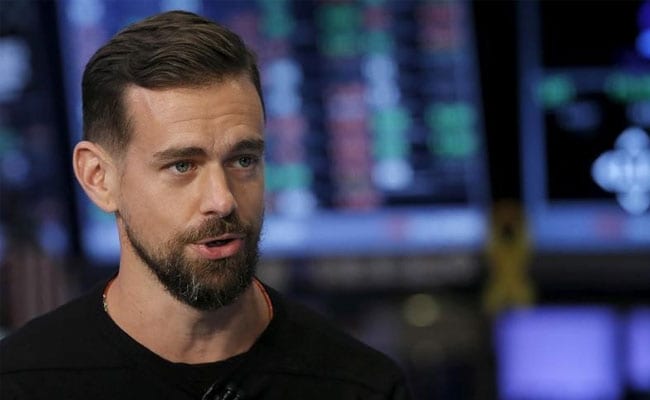




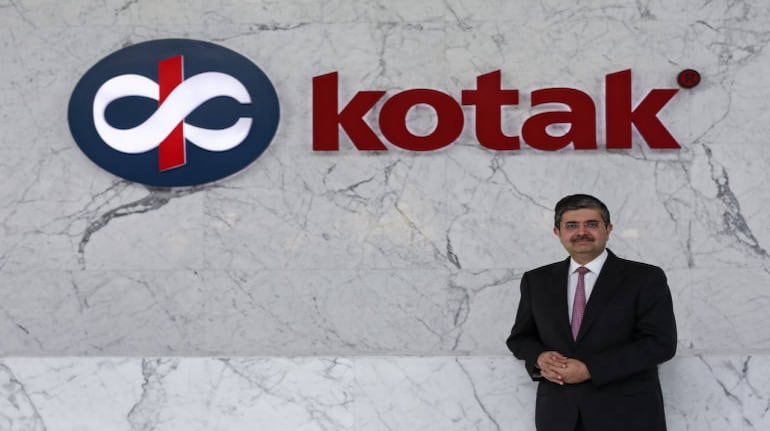

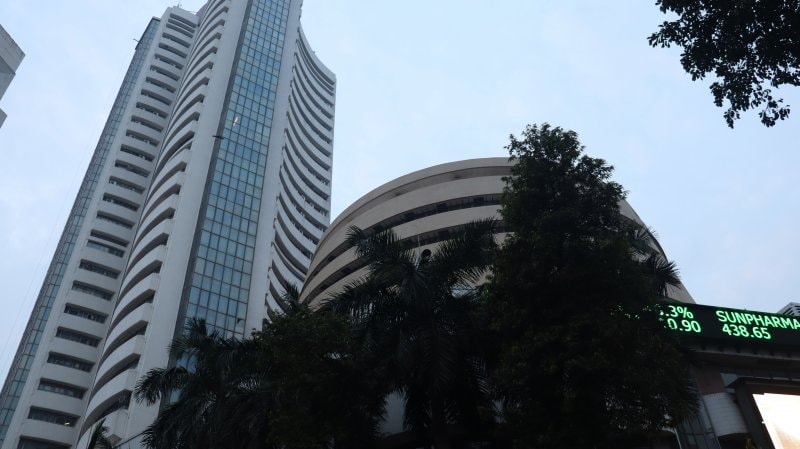
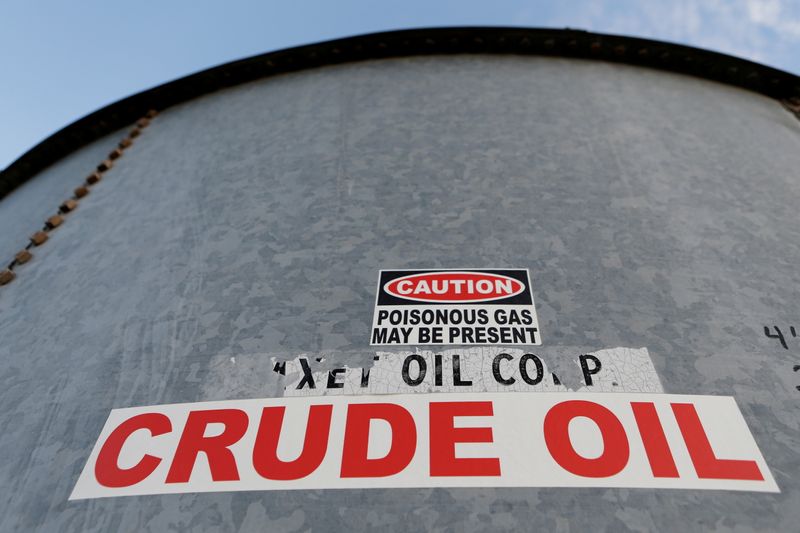

/cloudfront-us-east-2.images.arcpublishing.com/reuters/XICORS7UQRPS7CNQ6MO3XAELQQ.jpg)
